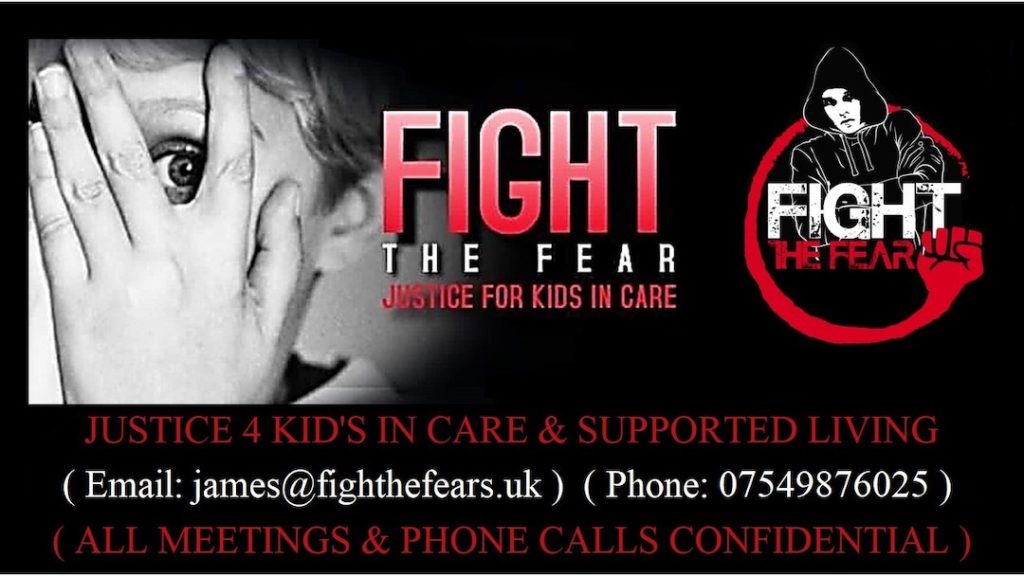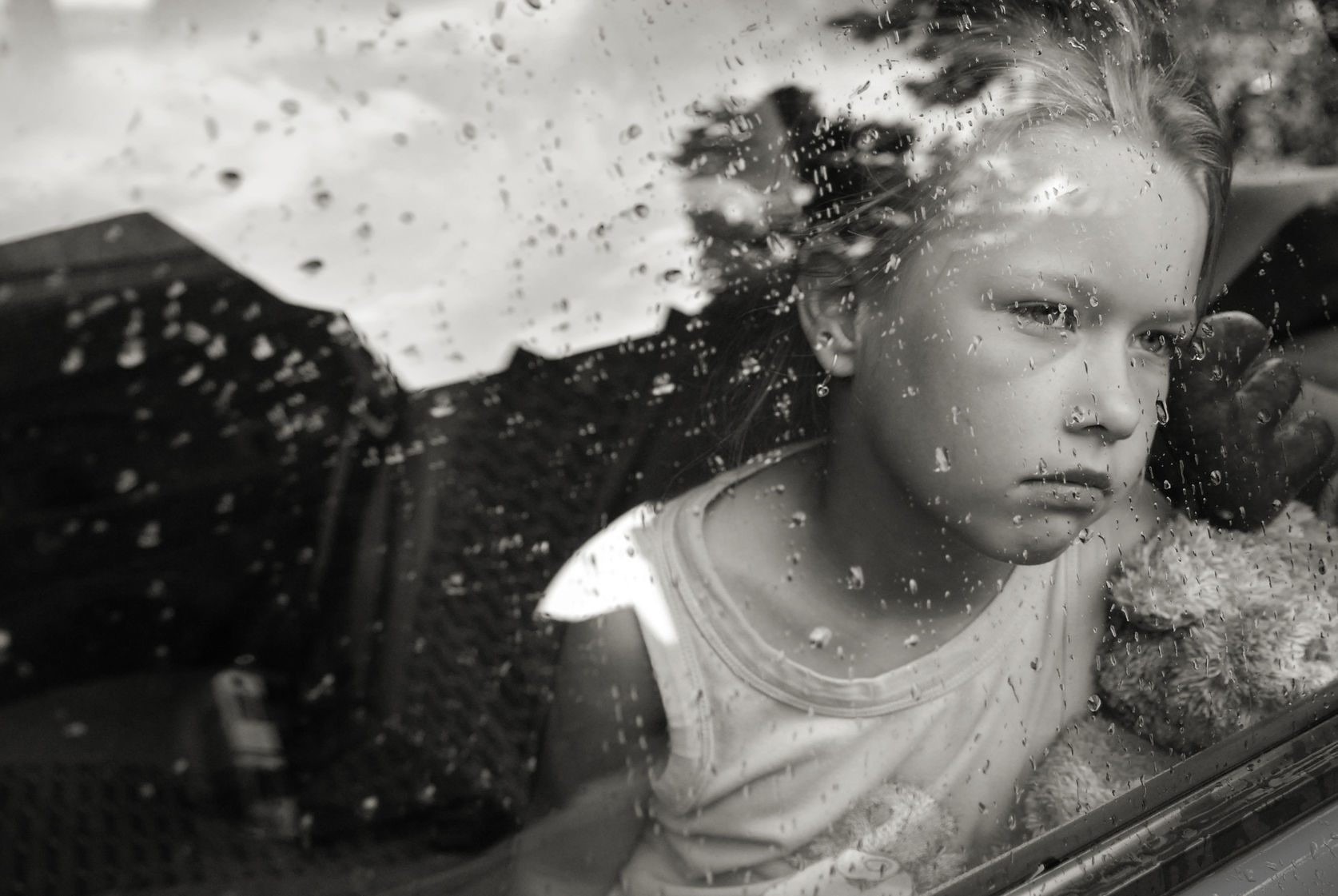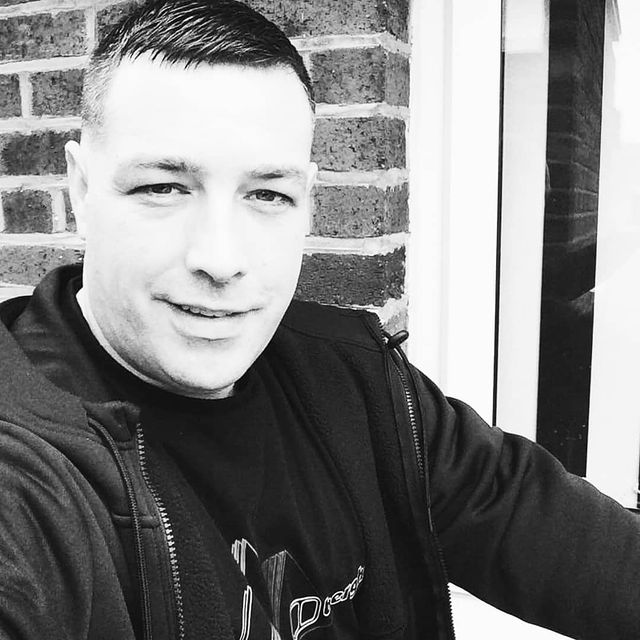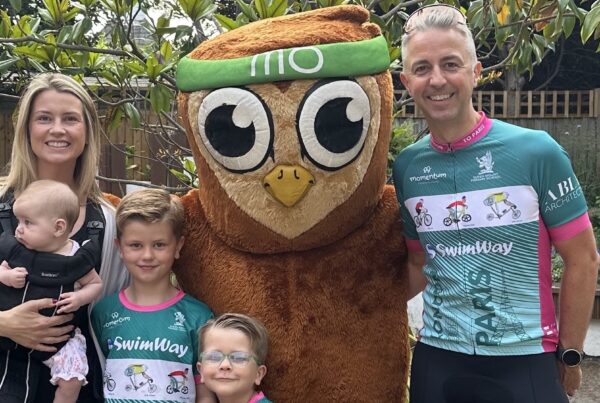Children in care James Summers’ story. The shortfall in basic protections for children in care is more than a single story. It is a recurring pattern that is persistent in our collective history. Unfortunately, the question of how children in care can thrive is, for the most part, being sidelined by the question: how can they survive? Arran Denning recently interviewed James Summers. He has spent decades recovering from the neglect and abuse he faced as a child in the care system. Now he speaks, how do we listen? And act?
Darling brings you, Children in care James Summers’ story. In early April, news outlets picked up on an Ofsted inspection report that found significant and serious failings in the operations of a privately owned children’s care home in Warrington, North West England. The unnamed care home, which is run by Cambian Childcare Ltd, housed two young girls, who were frequently going missing together and who, when absent, engaged in sexual activities to gain money.
The report details that the children had actually informed staff that they were often scared for their own safety during such excursions. Yet, even as the severity of the situation increased, those in charge were gaged to neither appropriately respond to incidents that occur, nor to implement effective strategies to safeguard and protect the children against further risk of harm. Even when a child informed her carers that an older man had sexually assaulted her and, still, it was not clear to the inspector what attempts have been made to prevent further occurrences of the children going missing from home. The inspection was carried out on 23rd February 2021, it had been delayed due to the pandemic.
Reflecting
In pausing to reflect on this horrible, lived reality, two immediate and brazen points come into focus. First, even though we all face a version of the coronavirus restrictions every day, it is still easy to forget how far-reaching the disruptions have truly been. The routine inspection of children’s care homes were seen as non-essential and therefore suspended by the government, due to covid restrictions, since March 17th, 2020, and resumed only very recently, on the 12th April, 2021.
Ofsted’s inspection programme carried only its ‘Monitoring Visits’ out during this period, and only to follow up with specific concerns. Consequently, the Cambian care home had not received a single inspection since it opened its doors in November 2019, a few months before the pandemic hit. That’s more than a year of provision from a home that had never been externally monitored and is being run by a private company with a far from spotless reputation.
The recent news of Cambian Care home is not shocking the society, although it should be. Instead, it is the terrible reality that children in care have been victim to, elsewhere in place, organisation and time, for decades. This is not a one-off. Harm has not only inflected but dictated the lives of many care leavers, who now live across all generations of our population.
Hundreds of abuse cases revealed
Perhaps most prominently, this has been evidenced by the fallout from the North Wales Child Abuse Scandal, which was the largest children’s home abuse scandal in public history and has taken decades to unravel. Thus far, it has been the subject of two inquiries (Jillings Report, 1994, Waterhouse Report, 2000) and an inquiry review (Macur Review, 2016), to officially examine the extent of abuse in Gwynedd and Clwyd Children’s homes between 1974 and 1996. As the number of allegations reached into the hundreds and spread across numerous homes, the notion that the issue was one of isolated events rather than a systemic problem became less easy to believe. As did the idea that all those who were abused in care had been able or willing to publicly come forward and unearth trauma from their pasts.
James is finally able to tell his story

Fight the Fear by James Summers 
James Summers
James Summers, who Darling interviewed on the 9th of April, is one example of a Care Leaver who, until very recently, has not been in a position to talk about what he faced during his time in care. When Summers’ was a child, he was in the care of a private home called Bryn Melyn, in Gwynedd, North Wales. This was during the late 80’s and early 90’s, so his testimony is concurrent, geographically and temporally, with the infamous abuse scandal. He is now 46 years old.
For decades, Summers’ was prevented from speaking out by the fear of what might happen to him if he did and, also, by the considerable toll that re-living past traumas took upon his mental health. But he is ready to talk now, in fact, when we got on Zoom with him, he didn’t hesitate for a second, there was no lull for questions or introductions: ‘so basically’ he opened with, as the video connection whirred in, ‘I have been living in fear for like thirty years, I’ve been diagnosed with anxiety and depression. I’ve been on the sick since I was 19, I’ve been unemployable, unbelievable, because of the lifestyle that I had when I was a kid: I went into care when I was 6 and didn’t come out until I was 16, and just went through some horrendous abuse.’
Some of Summers’ most enduring fears come from an experience he had while attempting to obtain his personal files, shortly after he had been catapulted from the care system. He turned up at social services in Liverpool, demanded to have his files and wasn’t taking no for an answer. The way the establishment reacted to the scene (he eventually set off the fire alarms in order to get management down from somewhere in the large multi-story building), was to forcibly hospitalise him on a section 2, at a place he names as Stoddart House.
While under section, Summers attests to having been forced a tranquiliser called Methadone – The Liquid Cosh. The lasting effects of which involved unpredictable seizures that troubled him well after having been released from medical confinement, and deeply affected his life as a young adult in a new community. From here, Summers found himself in brutal freefall from a harsh and turbulent upbringing. He faced full independence with no transitional support and with no way to begin healing his freshest wounds, let alone those from the deeper past.
90% of children in the justice system have been abused
In the years following, Summers was in and out of prison, an experience which correlates with a recent study, by Dr Alex Chard of the University of Bedfordshire, linking trauma to offending. The central idea of his study, which is called Punishing Abuse, is that ‘many children in the youth justice system are being punished as a consequence of their earlier adverse childhood experiences of loss, abuse and adversity’. His study shows that 90% of children in the justice system previously experienced abuse. Meaning that the children who are most in need of support and resources to work through the trauma that they have faced, are propelled into a cycle of deprivation and punishment.

James’ book Fight the Fear – an account of his abuse
For Summers, institutional abuse and neglect begun when he went into the care system at six years old, following the aftermath of his parent’s divorce. In his recently published book ‘Fight the Fear’ Summers narrates a cycle that he experienced from his earliest days in care. First, he faced unexplained, random and unmerciful torment and abuse, which ranged from being poked, slapped and kicked, to being locked in his room, or made to go without food and ‘stand in corners for hours on end’, hungry.
He bitterly remembers being dragged out of bed in the middle of the night and made to stand in the dark, where if he started to fall asleep, he would be banged against the wall. Such bullying and physical abuse, coupled with a sense of familial abandonment, would then prompt his fight-or-flight instinct. He would frequently ‘smash the place up and run away during the mayhem’. Then, upon return, he would be punished for doing so: “Whenever I was returned the same shit would happen. I’d be stripped to my underwear and made to stand in a cold corner of the kitchen all night long”. Such punishment would prompt him to run away again, which, in turn, prompted further punishment and abuse, perpetuating the cycle.
Summers was initially bounced around three children’s homes in Liverpool: Grove House, Sterrix Lane and Saint Vincent’s. As he was pushed from home to home, the abuse only intensified. He describes being physically and mentally ‘battered’ by ‘systematic beatings and bullying’, and how ‘staff would follow you into the shower and slap your privates’. Eventually, at around eleven years old, he was sent to the secure Red Bank Assessment Centre, where he couldn’t run away. One of the excruciatingly memorable fixtures of Red Bank, for Summers, was a place called the ‘Rubber Room’ where children would get stripped and receive severe and bloody beatings, then, left for days without food or clothes.
What happened next
In the late 80’s, Summers was moved from Red Bank to the last children’s home he lived in: Bryn Melyn, the private care home in Gwynedd, North Wales. Bryn Melyn Care is now a large provider of homes and therapeutic services across the U.K.. Summers describes two incidents, in particular, that affected him at Bryn Melyn. One was when a staff member, who was drink driving, crashed a vehicle with children in, and Summers was injured as he hit the wind screen.
The second was a case of grooming. It occurred when Summers was about 14 years old. He was introduced to a female member of staff and asked if he wanted her to be hired. After he said yes, she was employed and went on to actively develop an intimate relationship with the young Summers, until she was caught engaging sexually with him, by another child. In front of Summers’, Brendan McNutt, the owner of the care home, offered the female staff member an option of quitting, rather than be officially fired, in order to avoid legal repercussion.
Privatisation of the care system – profiting from the most vulnerable children
Less than a year ago, Summers was paid £20,000 by the Bryn Melyn Care Group to drop 19 charges of misconduct against them, which raises significant questions about the role of private companies, which have slowly been providing a growing proportion of the U.K.’s children’s homes and care services.
The fact that testimonies like Summers’ take so long to surface begs the question – what is happening under the radar now? As of 2020 there were more than 100, 000 children living in children’s homes in the U.K., routine inspections have been suspended – What is happening to them? Are they protected? How will their recoveries and transitions be supported?
At a time when all young people need as much support as they can get to find employment and access the resources necessary for maintaining mental and physical wellbeing, what effect does a depleted economy and a competitive environment have on Care Leavers? With the lives of the general population so restricted, those who are in desperate need of help and visibility are, perhaps, more out of sight than ever.
James has a Facebook group where he is helping over 2000 children and young people either at care or those who’ve left the system https://www.facebook.com/nofears4lyfjames
Darling wants to highlight that fact that in Summers’ book there is a homophobic passage, alongside some other problematic language. We believe that such views and language are unacceptable and abusive, but that they don’t negate from the equally unacceptable abuse his book exposes. We believe that these two truths must be acknowledged side by side and both protested against.
You may also enjoy reading https://darlingmagazine.co.uk/headline/online-grooming/






